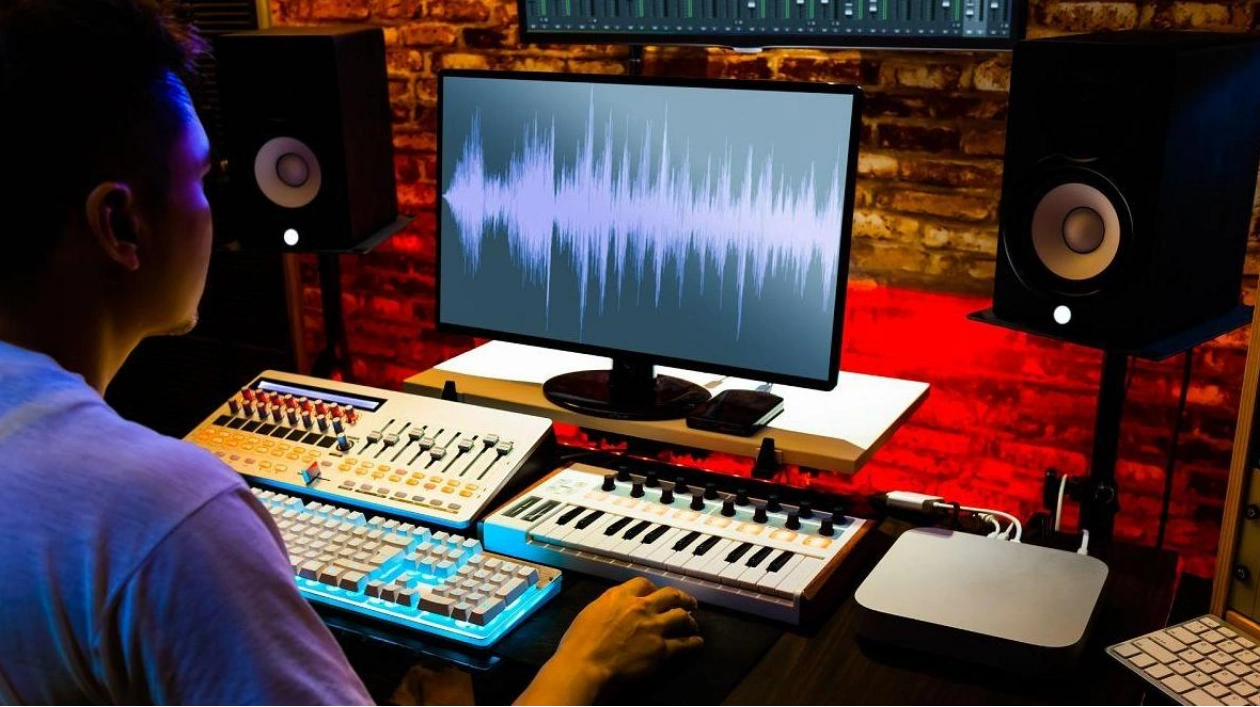Will Page, a music business economist and former Chief Economist of Spotify and UK performing rights agency PRS for Music, recently shared a striking observation. He noted that the total number of songs released daily in 2024 will surpass the entire annual output from the late 80s. This insight was part of MusicRadar's in-depth analysis on how subscription streaming services have reshaped the music industry. Supporting this view, MiDIA reported a 12% increase in music creators in 2022, totaling 75.9 million, with projections expecting this number to surge to 198.2 million by the end of the decade.
This trend aligns with Spotify CEO Daniel Ek's frequent response to criticisms about the platform's low artist payouts. Ek questioned the disparity between Spotify's claims of increased payouts and industry growth, and artists' dissatisfaction with their streaming earnings. He likened the music economy to football, where millions participate but only a few achieve professional success. Spotify's data from 2022 shows that over 10,000 artists earned more than $100,000, while the 50,000th highest-earning artist made over $12,500.
Critics, including major artists and rival platforms like Tidal, argue that Spotify doesn't fairly compensate artists. Ek counters that issues often stem from artists' labels. However, the broader issue is the sheer volume of music being produced, reflecting the state of music as an artistic endeavor. Page emphasized that more music is being created independently, driven by the demand for home music production software. This democratization of music production mirrors the impact of camera phones on filmmaking, lowering barriers for anyone with a MIDI keyboard to create and publish music.
This shift could herald a new era of DIY musicians and niche subcultures. For instance, in Manchester, acts like Industries and Norrisette thrive in local scenes despite not reaching mainstream stages. However, at the popular level, musicians often rely on algorithms and social media for discovery, which can limit exposure to diverse genres. The rise of AI-created music further complicates this, potentially steering average music tastes towards blandness. While more music is generally positive, the ease of recording and publishing is partly due to services like Spotify. Yet, criticism is warranted for not creating a financially viable platform for a broader range of musicians, reinforcing industry privilege. Even if Spotify improves its compensation model, better ways to discover and consume music are still needed.
Source link: https://www.euronews.com






